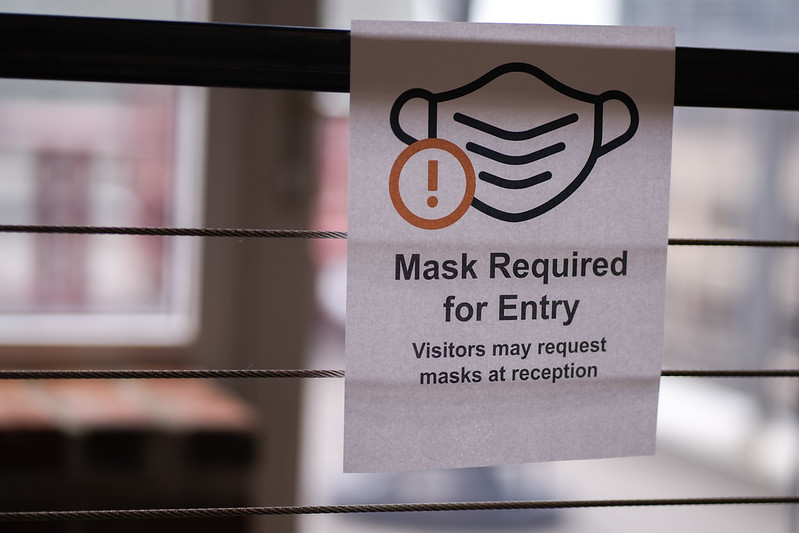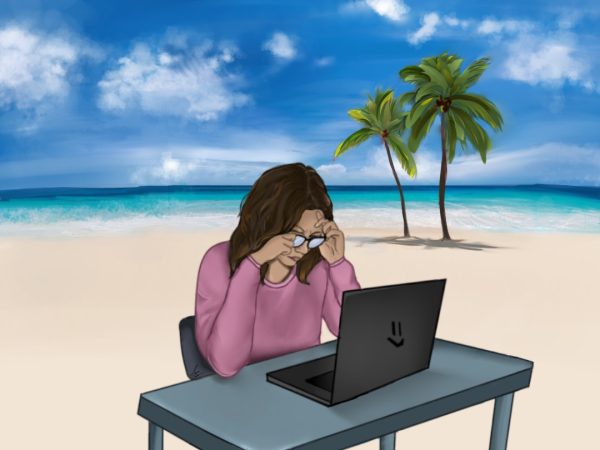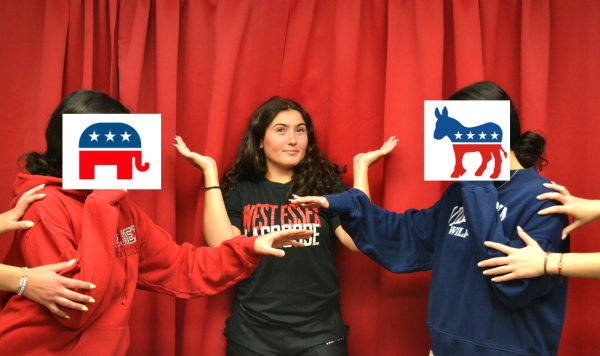COVID-19 exposed our need for societal changes
While recovery from COVID-19 has progressed, the economic effects it left are still prominent everywhere, not just in the upper-class areas that already have more than enough resources to help themselves.
Those who had more money had many advantages that helped them adjust to the new conditions of the pandemic fast: getting groceries delivered, working from home, getting vaccinated first, making income throughout the crisis. On the other hand, the lower-class were hit much harder.
The gap between the rich and the poor expanded further in the pandemic, but after years of recovery, many expect that it has closed, when in reality it is widening.
While COVID-19 has been a large factor in expanding income inequality, it has also given us the opportunity to recognize it and put effort into fixing it. Instead of fostering the rich’s wealth, which has been done in the past, it is necessary to focus on putting resources toward helping those in lower income areas who are suffering more.
West Essex created a reduced/free lunch program during quarantine. However, it’s unclear how many students actually utilized it as many in our sending districts don’t need this program as much as other school districts. This pattern aligns with the ones seen in other COVID-19 policies, and while the intentions are good, the results are not beneficial to anyone, and if anything, it is just wasting resources.
What has yet to be seen from the school is a program where they utilize this idea and motivation to help those who are truly struggling to get food to, those in lower income areas.We have to help the people who are still being affected by the pandemic’s lasting impact, instead of bolstering the wealth of people who already have more than enough.
Photo Credit: “Covid-19” by Chad Davis is licensed under (CC BY-SA 2.0)






